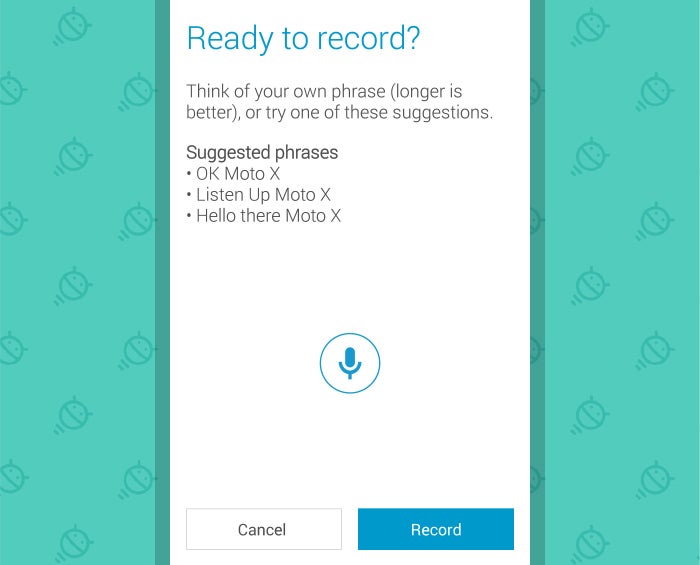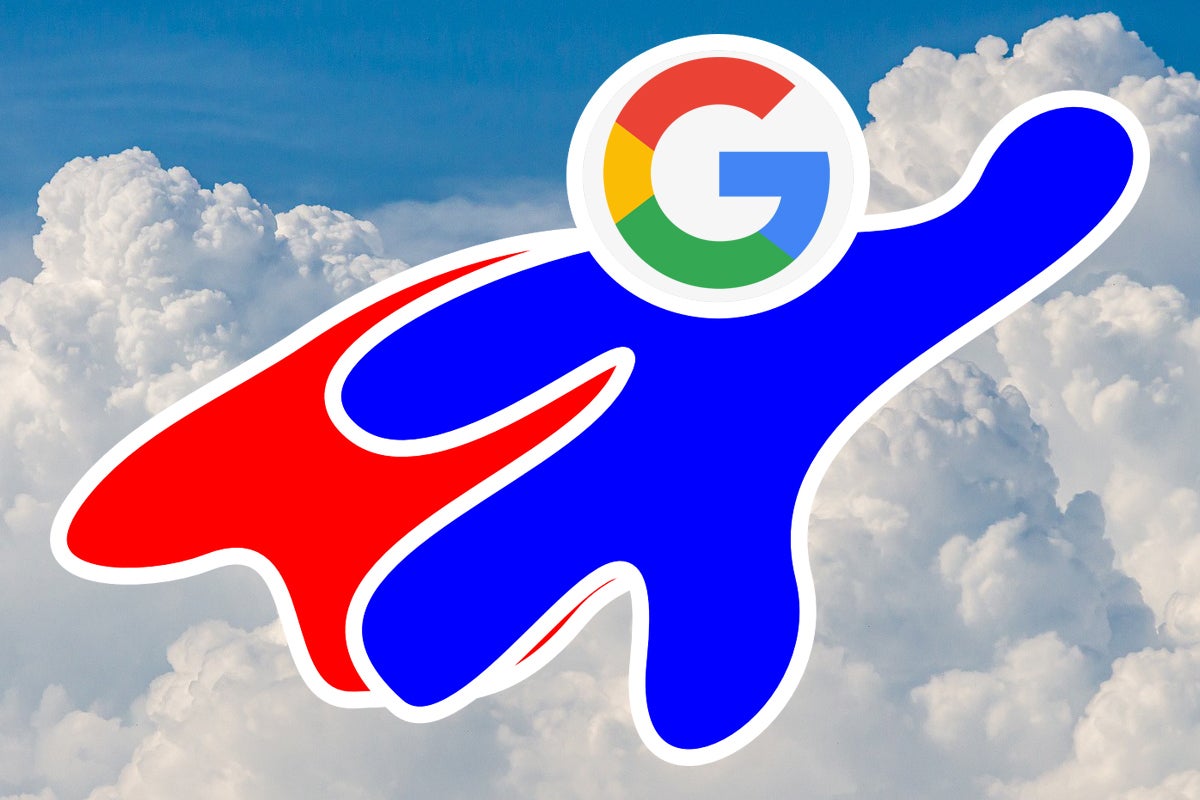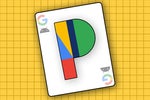Goodness gracious, Google Assistant sure is growing fast.
Google kicked off the new year (and the ever-musty CES industry shout-fest) with a slew of new Assistant announcements, including an option to schedule specific actions to occur at certain times along with a new digital sticky note feature for Smart Displays and a useful-sounding system for making your Android phone read any article out loud simply by uttering a voice command. (In typical Google fashion, all of these features are vaguely set to roll out "soon.")
Assistant's making its way to even more devices, too — a diverse slate of displays, TVs, speakers, and even, for some reason, showers. (Hey, Google: Pass the soap, would ya?) And as of just a couple months ago, it's available, at last, on Chromebooks everywhere as well.
Despite all that expansion, though, one basic-seeming ability remains annoyingly out of reach — and particularly with Assistant showing up in more and more places, its absence represents one of the biggest challenges to actually using Assistant in any real-world sense. It's something I keep hoping Google will have the decency to bestow upon us: the option to create a customizable launch phrase — something beyond just "OK, Google" or "Hey, Google" — that activates Assistant and gets it listening.
I mean, think about it: At this point, most of us have multiple Assistant-enabled devices around us and always listening for our commands. Whether it's a phone and a Chromebook, an Assistant-enabled speaker or display of some sort, or any combination of those and other assorted always-listening gadgets, we're surrounded by technology that's standing by and waiting for our word — those two specific words, to be precise — at all hours of the day.
And I don't know about you, but I sure find that trying to navigate that mess of alleged artificial intelligence is a constant struggle and source of frustration.
Maybe I'm sitting in my office and aiming to get my phone's attention, for instance, but when I call out "Hey, Google," the Smart Display in the room responds. Or maybe I'm at home and want the screen in our kitchen to do something for me, but then my phone — or the speaker several feet away in our living room — answers instead. (There are also those lovely occasions when multiple devices respond at the same time, which technically isn't supposed to happen but is always a hoot and a half when it does.)
The reality is that with Assistant now existing on so many different gadgets — and with all of those gizmos listening for and responding to the same frickin' launch phrase — there's just no way to control or even know which gadget will respond at any given moment. And the built-in system of Assistant somehow magically sensing which device should answer never seems to work consistently well.
Guess what, though? The fix is simple. Give us the power to set our own custom launch phrases, and let us set different phrases for different devices. That way, you could summon your phone anytime you want, specifically and consistently, by saying "Hey, phone" (or "G'day, me gouda-scented matey!" — whatever floats your boat, really). Your kitchen Assistant gadget could respond to "Hey, kitchen" or "Kitchen, listen!" Your living room speaker could answer to "Hey, living room" or maybe even just "Yo, speaker."
And beyond your own personal appliances, this would address the pesky problem of having someone with a voice that sounds vaguely similar to yours — or even having a random voice within a commercial or podcast that's playing in your vicinity — activating your phone with their "Hey, Google" utterance. As I'm sure you've also observed, that happens far too frequently, sometimes by impish design but more often by irksome happenstance. These are all personal devices, and they all serve different purposes. Why shouldn't we be able to create our own personal commands for each of them?
The most vexing part about this option's ongoing absence is the fact that we know it is absolutely, positively possible — and easily attainable. Remember the Moto X from way back in 2013? It was the first phone to feature a touchless control system, originally with the command "OK, Google Now." Well, it was none other than Google itself that owned Motorola at that point and was fully responsible for the device's development.
And guess what? By the phone's second generation, sure enough, you could customize its voice control launch phrase and make your device respond to almost anything imaginable (except for "Tee hee, fickle pickle tickle," which for some reason never seemed to work).
 JR
JR It was both useful and a supremely sensible level of control to have. And that was at a time when most of us owned somewhere between zero and one devices that were standing by to answer our spoken commands. Now, at the start of 2020, with Assistant in place all around us and spreading to more places every second, the practical need is even more apparent. And yet that option is nowhere to be found.
Hey, Google: Throw us a bone here, would ya? I get that a customizable launch phrase would take away the brand-reinforcement benefit of having everyone in the world shouting out "Hey, Google" all day, but c'mon: It'd be an enormous usability improvement for your entire Google ecosystem — and at the end of the day, you want that ecosystem to be as inviting and as pleasant to use as possible, don't you? It'd also be a nice marketable improvement over the limited control certain, ahem, other virtual assistant systems offer. And "Hey, Google" could still be a fine default choice for anyone who doesn't want to change things up.
For better and sometimes for worse, voice control has slowly but surely crept its way into every nook and cranny of our lives, and that's created a cluttered reality that's increasingly complex to handle. As we look forward to the future of this technology, it's time to also glance back to the past — and to rediscover a simple-seeming feature whose comeback could bring a massively meaningful and majorly appreciated upgrade to our lives.
Sign up for my weekly newsletter to get more practical tips, personal recommendations, and plain-English perspective on the news that matters.

[Android Intelligence videos at Computerworld]



























































































